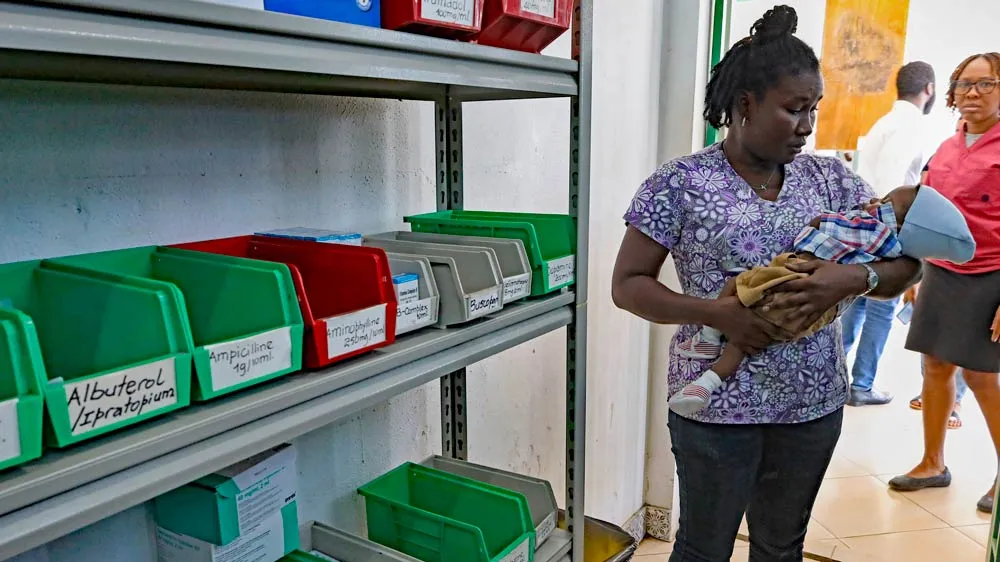December 27, 2013
Women Aim to Block Idaho From Gay Marriage Fight
Bobby McGuire READ TIME: 2 MIN.
BOISE, Idaho - Four couples challenging Idaho's gay marriage ban this week asked a federal judge to block the state from intervening in their lawsuit, arguing such a move would unnecessarily add to their workload and complicate the case.
They first filed their complaint in U.S. District Court in November against Gov. C.L. "Butch" Otter and Ada County Clerk Chris Rich, contending Idaho's 2006 voter-backed law banning gay marriage violates the U.S. Constitution's equal protection and due process guarantees.
Deborah Ferguson, the couples' Boise-based lawyer, contends allowing Idaho Attorney General Lawrence Wasden to intervene on behalf of the state isn't necessary, since Otter is already an adequate representative of the state's interests.
"It is unusual to have the state intervene when its interests are already represented through the governor," Ferguson said in an interview with The Associated Press on Thursday.
This Idaho case is developing just as judges in New Mexico, Ohio and Utah ruled in favor of same-sex marriage recently.
The eight Idaho women who sued are Sue Latta and Traci Ehlers, Lori and Sharene Watsen, Shelia Robertson and Andrea Altmayer, and Amber Beierle and Rachael Robertson.
Ferguson said Wasden's bid to intervene didn't identify any state interest that's distinct from the interests of Otter or Rich, nor did the attorney general demonstrate that state officers will fail to adequately represent Idaho's interests.
"Inserting an additional party into this case with interests identical to those of existing defendants will prejudice plaintiffs by causing complication and delay," she said.
Meanwhile, Wasden counters Idaho has a strong interest and right to defend its laws that come under constitutional attack - and it's his job to do it.
"I have an obligation to defend the Constitution and the statutes of Idaho, and that's what we intend to do," he said Thursday. "The position of the governor and the attorney general will be very similar. I don't see how it's going to complicate the process."
Wasden also said the federal courts' decisions - whether in Idaho, Utah, Ohio or elsewhere - are almost certainly not going to be the last word in the matter of whether state gay marriage bans are legal.
"The ultimate answer is going to be issued by the U.S. Supreme Court," he said.
The Idaho women, represented by Ferguson as well as the National Center for Lesbian Rights, have adopted a legal strategy that's been effective in Ohio, so far.
They contend Idaho has historically recognized marriages performed in other states that would have been considered illegal under Idaho law, such as marriages between first cousins and common-law marriages, but has unconstitutionally drawn the line at gay marriage.
Among other things, the women say they're already facing potential discrimination as a result of Idaho's ban: For instance, even though they're allowed to file joint federal tax returns like other married couples, they're prohibited from joint state tax filing status in Idaho, forcing them to do extra work and potentially subjecting them to financial penalties.
Through his own attorneys, Rich, the Ada County clerk, has said he had no objection to Wasden intervening on the state's behalf.


